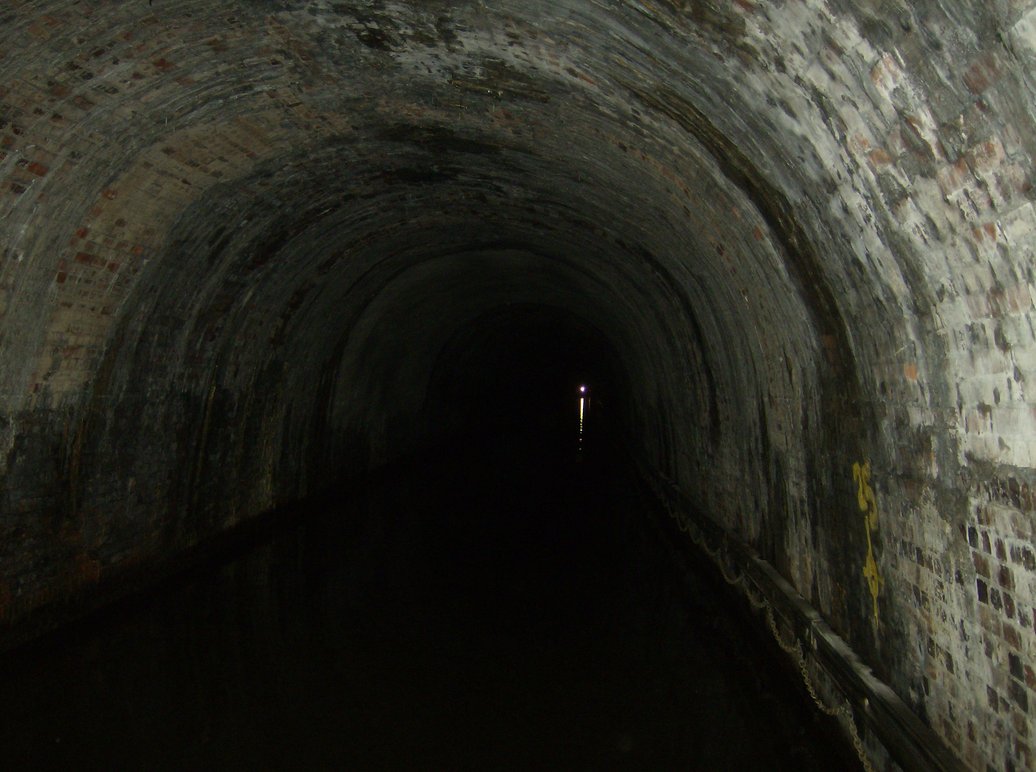
When I saw Robin Williams in “Good Will Hunting” and (especially) “One-Hour Photo,” I thought to myself, “Jesus Christ, this guy has been seriously depressed at some point.”
That’s because you cannot perform the way he did in those films without a personal reference point that comes from only one place. If you’ve never had clinical depression, this is hard to truly understand, no matter how much you empathize. If you have, you probably can see where he was coming from right away — from the black tunnel, the one he didn’t dig himself into and couldn’t dig himself out of. You know the rules of the tunnel: The more you struggle, the blacker it gets.
Once you’re in that tunnel, there are only a few options. At some point you somehow (and often mysteriously) recover, or you become completely non-functional — or you consider the exit door you can see just on the edge of your peripheral vision. You know what happens if you take that door, but if you’ve had multiple bouts of depression in particular, it starts to look attractive compared to another trip into the tunnel.
Williams took the exit door Tuesday. I know people who believe that Williams took the weak, selfish person’s way out. There are plenty of tweeting fools who agree. Some of those people will get educated some day, right out of nowhere and for no apparent reason. They’ll be pulled into the tunnel and see the exit door, and some of them will probably take it.
Depression can kill you as surely as cancer, and sometimes you can be treated into remission or even a “cure,” but there’s always some chance it’ll come back. It takes a strong person, not a weak one, to deal with that. Being strong in that way can be exhausting, and the tunnel preys on exhaustion.
Escape that tunnel and you’re likely to develop all of the empathy you’ll ever need for those who make it through depression — and for those whose lives it claims.
